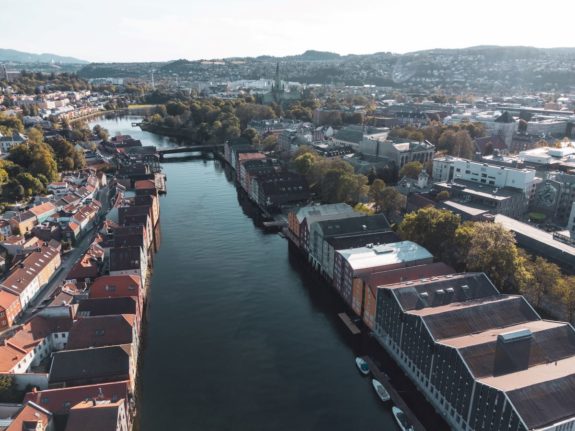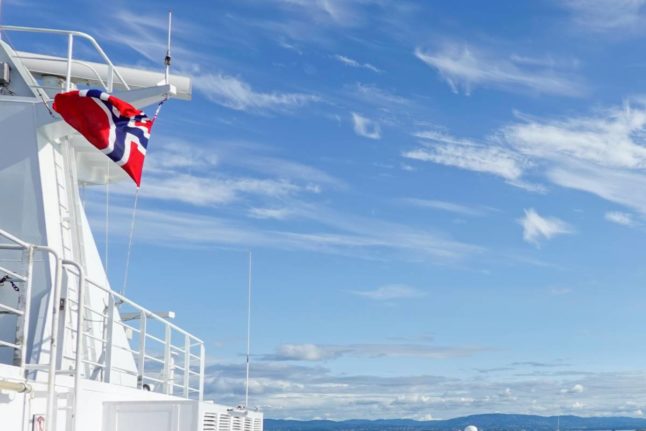The three cities have each called for the lowered cap on municipal property taxes brought in under the previous right-wing coalition to be relaxed, increasing municipalities’ freedom to raise revenues from property.
“Oslo municipality supports the committee’s assessment that the municipal freedom of action to set the tax rate should be restored,” Oslo wrote in response to consultation on reforms to the way municipalities can raise revenues.
“Property tax is one of the few opportunities municipalities have to influence their own income,” the city added. “Consideration of local democracy dictates that the municipalities should have greater room for action in setting the property tax.”
“Property tax is an important opportunity the municipality has to influence its own income,” echoed the Bergen municipality. “Bergen believes that increased freedom of taxation within property tax is therefore necessary.”
Trondheim wrote in its response that it was “a tax with good local roots”.
In one of the biggest victories achieved by the Progress Party on taxation, the previous Conservative-run government cut the top rate of property tax municipalities could levy from 0.7 percent of a property’s value after deductions to 0.4 percent.
The government’s inquiry, led by the economist Marianne Haraldsvik, recommended at the end of last year that the threshold should be returned to 0.7 percent.
The Labour-led government, in the Hurdal Platform under which it agreed a coalition deal with the Centre Party, committed to “keeping the maximum rate for housing, leisure property and commercial property in the property tax at the current level”.
Henrik Asheim, deputy leader of the Conservative Party, said that after the answers from the three municipalities, the Labour Party needed to clarify where it stood on municipal property taxation ahead of the coming municipal elections on September 11th.
“Now the Labour Party must answer locally how much more they want people to pay,” he told the Aftenposten newspaper, warning the party’s potential municipal coalition partners on the left could potentially push for increased tax.
“Will the Socialist Left Party and the Red Party also press for a further increase in property tax, if it becomes possible?”.
Andreas Halse, Labour’s group leader in Oslo, told Aftenposten in an email that while his party supported increasing municipalities’ freedom to levy higher property taxes, the party’s own policy was to charge only 0.3 percent, lower than the current 0.4 percent threshold.
“We work for greater local freedom of action and self-governance in many issues. Oslo people should have more of a say in the development of the city. We are not among the parties that go to the polls for the property tax on housing to increase, but we are in favour of being allowed to think so.”



 Please whitelist us to continue reading.
Please whitelist us to continue reading.
Member comments